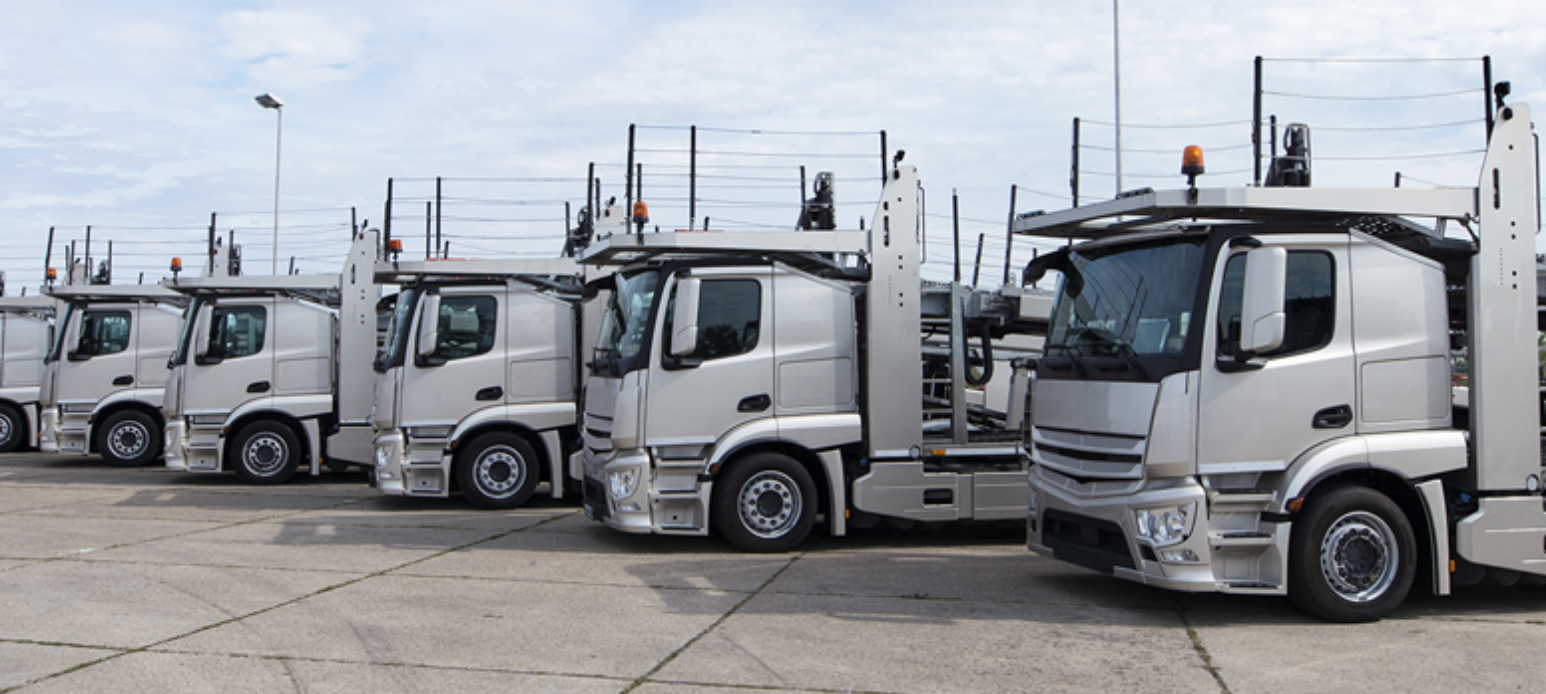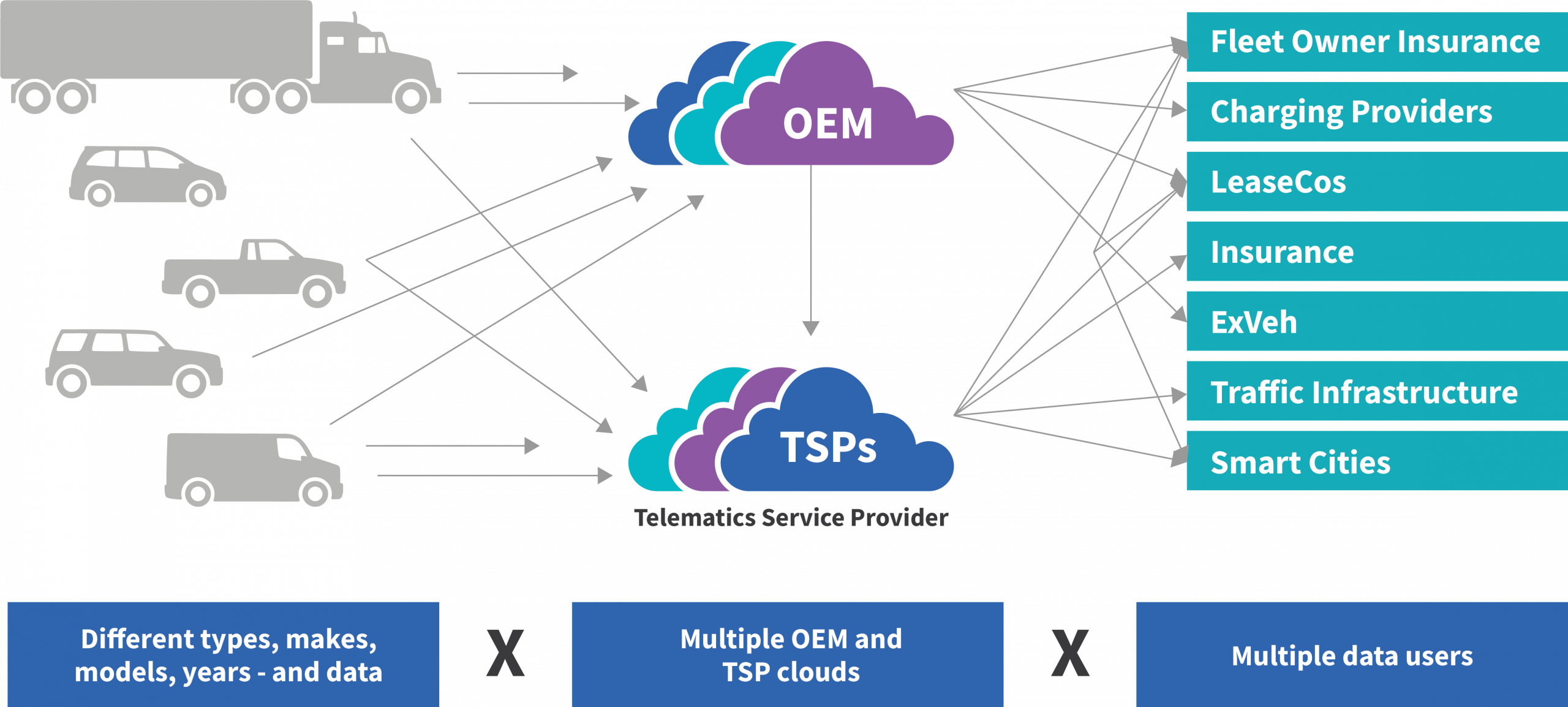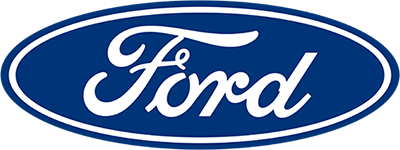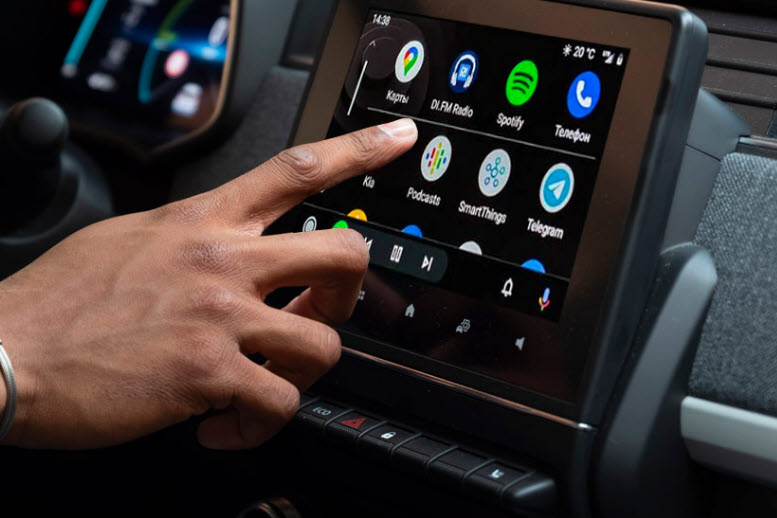Commercial Vehicles:
The Power of Standardized Telematics

The Power of Data and Telematics
Commercial fleets run on data. These fleets include a wide range of vehicle classes ranging from passenger cars, delivery vans, and heavy-duty trucks to construction equipment, and are owned and operated by a commercial entity instead of an individual.

As data drives their businesses, fleets have come to rely on and will increasingly require reliable, secure, high-quality data intelligence platforms. Data insights generated daily from connected vehicles are enabling fleet managers to make better decisions, delivering better outcomes for performance, cost, safety, sustainability, and more. Automotive manufacturers are establishing new revenue streams from their cloud data offerings with commercial fleets being a significant sector.
Industry Market Growth
The commercial vehicle telematics market size surpassed $33B USD in 2022 and is expected to grow 11% CAGR from 2023 to 2032 to $95B. This is being driven by a need for fleet management and operational efficiency including reduced fuel consumption, vehicle downtime, driving safety, productivity, and growing government mandates for commercial vehicle tracking and regulatory reporting.
The Challenge – Why Standards Matter
Fleet management requires sophisticated management and measurement. The industry is transitioning from sourcing this data with aftermarket telematics to OEM cloud solutions, or a combination of both. Fleets typically have mixed fleets consisting of multiple makes and models, including ICE and EVs and even different classes of vehicles. This creates significant complexity requiring advanced data integration systems.
OEM data is playing a bigger role in connected fleet management. Differences in data collected create challenges including the inability to sufficiently power advanced fleet management systems offered by telematics service providers.
The absence of a universally accepted standard data model increases the risk of adding more complexity to providing data insights for fleet management. This becomes a significant challenge as fleet management systems become more advanced and highly dependent on data quality.
Lack of an accepted standard, means complexity and requires non-value-added engineering to normalize data from different vehicles. This non-value-added cost presents significant barriers to efficient fleet management. In fact, one of the top threats cited to the successful growth of the telematics industry is the absence of a universally accepted standard.
Complexity of Integration is a Barrier to Utilizing the Value of Data

Simplifying Data Integration
COVESA is an open, collaborative, and impactful technology alliance, accelerating the full potential of connected vehicles dedicated to the creation of open standards and technologies. While the initial scope for the COVESA Commercial Vehicles (CV) activity is focused on the specific needs of commercial vehicle fleet operations, the conventions being developed will be usable by other industry verticals (insurance, maintenance, regulators, suppliers) and are already finding alignment with an electric vehicle data activity within COVESA. COVESA supports simplified data integration. The COVESA Vehicle Signal Specification (VSS) is becoming well established, seeing pronounced uptake, and is well-suited as the common data model to enable data exchanges for the industry and part of the proposed direction of this activity.
Mutual Benefit for All
Data management and measurement are complex, from data sampling to the volume of data, integrity, and more. Access to data and complicated integration models create even more complexity, causing an uneven playing field and adding barriers. Creating a Standard supports a simplified and easier approach to data integration.
The benefits of this are passed through to OEMs, fleets, and organizations and include reduced costs of data collection as well as those associated with acquiring data insights, increased demand for data from lowered integration costs, and an overall increase in the value of data for business decision-making and transformation.
Simplification Enables Mutual Benefit and Greater Data Value

What’s Needed?
The path forward is standards-based, fleet telematics data recommendations that specify the most needed fleet operational data, a single data model (COVESA VSS), and required data point fidelity including the deployment of intelligent data sampling (curve logic).
Conventions to consistently collect pertinent data points with clear intended uses, sampled well and provided in a common data model address these challenges while creating a robust data marketplace, and protecting the interests of all stakeholders.
Currently, each vehicle OEM uses a different vehicle data format, a different vehicle data sampling process, resulting in varying data fidelity. This means before data scientists can gain insights from aggregated data, each data point must to some extent be reverse-engineered to a common denominator.
This enormous amount of non-value-add engineering work inhibits the ‘power of telematics’ and prevents the development of insights that can only be arrived from the analysis of aggregated data from many different vehicle makes, models, and OEMs.
Benefits of Fleet Vehicle Standards
"Fleet Ready"
OEMs make their vehicle “fleet ready” through simplified data acquisition, driving future sales.
Consistent, Reliable and Secure Data Access
Massive value-add for all industry players due to simplification. Technology providers can participate more freely and focus resources on product creation & innovation, driving overall growth in this billion-dollar industry.
Value of Consistent Data
Fleet customers pay for the value of consistent data reducing the need for excessive technology integration.
Government and Society Benefit
A sustainable, innovative, and competitive transportation sector thrives on the power of data, in addition to economic and job growth in the telematics industry.
Global Access and Transparency
Abiding by global standards on access to information ensures that data sharing is fair and equitable.
Request More Information
Proposal Endorsements
“High quality data intelligence platforms that enable fleets with a diversity of vehicle types, makes, and models are essential for modern fleet management. Uniform, fleet-wide data collection is becoming increasingly complex, while at the same time fleet management systems are becoming more advanced and dependent on quality data. Geotab is a pioneer in simplifying and optimising fleet data access for customers. We remain committed to this goal even as vehicle architecture and data access methods are undergoing change. A universally accepted common fleet management data model will preserve and further simplify fleet customer access to data, benefitting the connected vehicle ecosystem as a whole. Geotab is proud to play a leading role in advancing the fleet management data (FMD) standard and is encouraging other leaders in the ecosystem to do the same.”

Neil Cawse
CEO and Founder Geotab
Proposal Endorsements
“Bosch, and its subsidiary ETAS, have a strong history collaborating across the commercial vehicle industry with OEM and Tier 1 partners. As both a founding member of the Eclipse Software Defined Vehicle Working Group & a charter member of COVESA, we have shown our commitment to open-source software solutions & standards that can readily be implemented across industry ecosystems.”
“We look forward to collaborating with Geotab and other organizations to bring the Open telematics framework to reality in the commercial vehicle segment, and appreciate Geotabs’ engagement within this important open-source community.”

Ansgar Lindwedel
Director SDV Ecosytem Deveopment ETAS
Proposal Endorsements
“Commercial vehicles, from last mile delivery vans and large trucks, to rental cars, buses, construction and service vehicles, play an essential role in meeting the needs of modern economies. Managing these fleets across varying makes and models is business critical. Open standards allow for interoperability and continued success. At Ford Motor Company we are building future architectures and modernizing our Software approach to enable all commercial vehicle users with leading technology to be more productive, efficient, and most importantly, safe.”

Shareef Hakim
Executive Director of Platform Architecture and Prototyping Ford Motor Company
Proposal Endorsements
“Providing vehicle operators with easy, controlled, and standardized access to their vehicle data, builds trust with the fleet customer and at the same time provides advantages for vehicle manufacturers and owners alike. Only with the foundation of reliable standards can high-quality processes be implemented in a scalable manner.”
Peter Hecker
Senior Expert Telematics DB Regio (Bus)
COVESA Spotlights

Commercial fleets run on data. These fleets include a wide range of vehicle classes ranging from passenger cars, delivery vans, and heavy-duty trucks to construction equipment, and are owned and operated by a commercial entity instead of an individual....

Consumers expect the absolute best, safest, and problem-free content and experiences integrated into their digital world from their phones, smart home devices, computers, and electronic devices immediately as they become available. Why would they expect less from their vehicles? The reality today is not quite so simply in the Automotive industry and the vehicle’s data space is often messy and disconnected...

Collaboration to unify guidelines and interoperability for vehicle applications, primarily within the Android open source environment (AOSP). With mutual requirements, guidelines for APIs and reference implementations we can reduce cost and speed up time to market while enabling app developers to develop once and then easily deploy to many OEMs...
